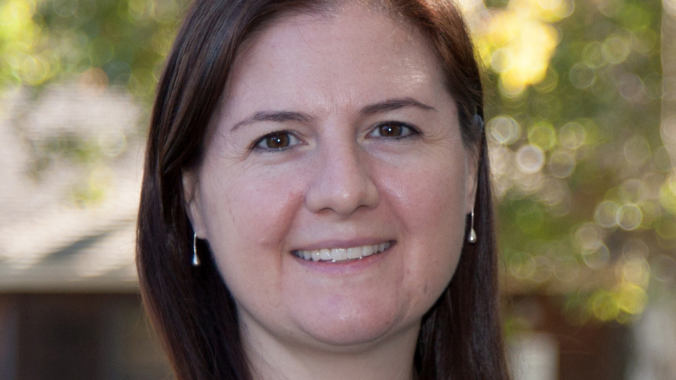Many pregnant women, especially first-time mothers, spend time learning new information about how to care for themselves during pregnancy and planning for caring for their newborn child. After giving birth, mothers are constantly trying to figure out the puzzle of what their infant is trying to communicate to them and how they can best care for their babies’ needs. Mothers need optimal cognitive performance, such as the ability to focus and pay attention, memory, and reasoning to do this well, and adequate nutrient intake is necessary for the brain to perform these skills. Women require higher amounts of vitamins, minerals, and other nutrients in their diet during pregnancy and postpartum, and many women are at risk for nutrient deficiencies during these periods. Very few studies have examined whether nutrient deficiency might impair maternal cognition and caregiving.
In a randomized trial in Malawi, Prado and colleagues measured differences in cognitive performance and caregiving behavior between women who had received three different types of nutritional supplements over a one-year period from early pregnancy through six months postpartum. They found that women who received multiple micronutrients or lipid‐based nutrient supplements, compared to iron and folic acid, did not have higher scores in attention, executive function, reasoning, functional health literacy, or caregiving behavior, as measured in this study. However, in some subgroups of women with baseline low hemoglobin, poor iron status, or malaria women who received lipid-based nutrient supplements scored higher in executive function. Breastmilk docosahexaenoic acid and Vitamin B12 concentrations were associated with attention and executive function, suggesting that these may be key nutrients to optimize cognitive function in postpartum women.
Reference
Prado EL, Ashorn U, Phuka J, Maleta K, Sadalaki J, Oaks BM, Haskell M, Allen LH, Vosti Steve A, Dewey KG. Associations of maternal nutrition during pregnancy and post-partum with maternal cognition and caregiving. Maternal & Child Nutrition. 2 NOV 2017, DOI: 10.1111/mcn.12546

